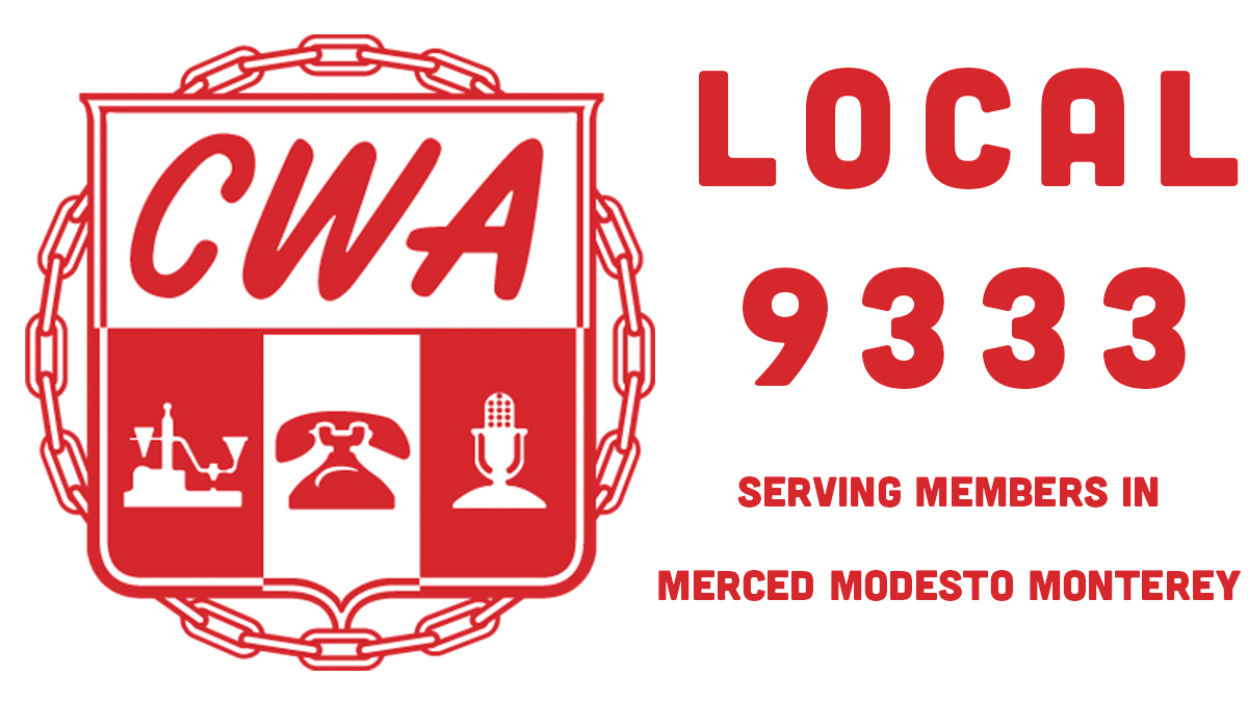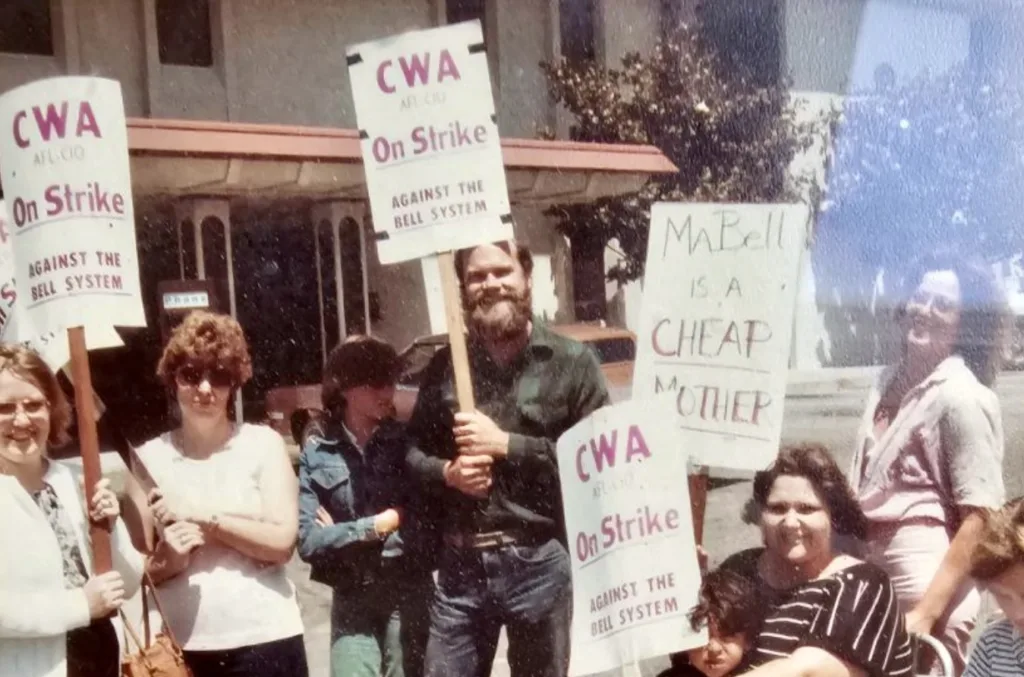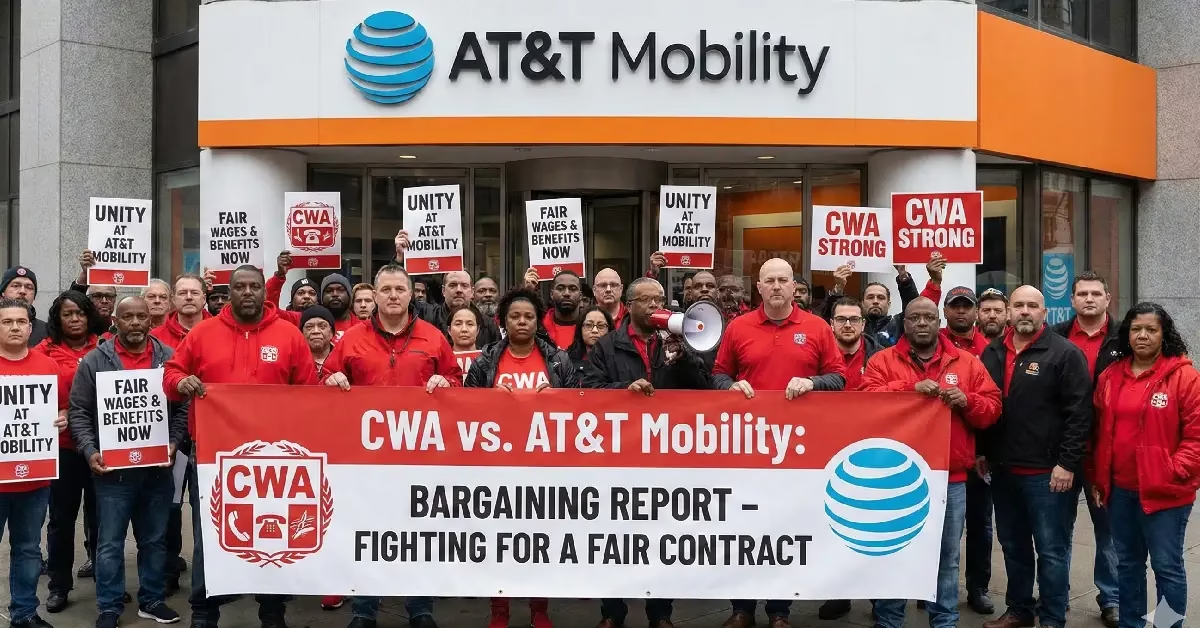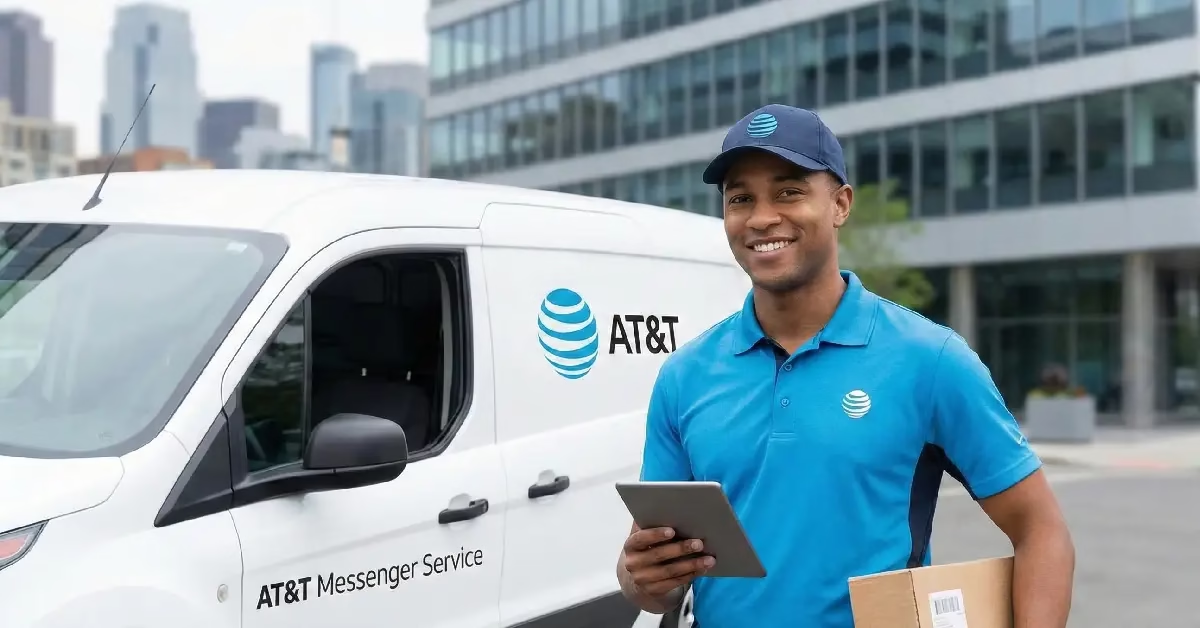FROM THE NATIONAL LABOR BOARD WEBSITE:
Section 7 of the National Labor Relations Act (NLRA) states in part, “Employees shall have the right. . . to engage in other concerted activities for the purpose of collective bargaining or other mutual aid or protection.” Strikes are included among the concerted activities protected for employees by this section. The U.S. Supreme Court has upheld the right of employees to go on strike whether they have a union or not. Specifically, in 1962, the Supreme Court in NLRB v. Washington Aluminum upheld the NLRB’s decision that workers in a non-unionized workplace who walked out because it was too cold were protected under the NLRA and the employer could not fire them.
There are certain rules we ask our Local Members to follow:
- Picket only where you are assigned by your Picket Captain or your CWA Local.
- Do not have so many picketers on the line that pedestrians cannot pass and that picketers are blocking the entrances/exits.
- Keep moving. Maintain adequate space between picketers to allow for access to facilities through company entrances and gates.
- Picket only the employer being struck and the workers performing the work of the employer being struck. Do not picket gates labeled “reserve gate” for employers who are not the struck employer.
- Do not touch any person approaching or crossing the picket lines.
- Do not interfere with traffic beyond what pedestrians normally are entitled to do.
- Do not argue with other picketers. If you have a problem, address it with your Picket Captain as soon as possible.
- Do not litter. Keep the area clean.
- Do not drink alcoholic beverages or use non-prescription drugs directly prior to picketduty. Do not bring alcoholic beverages or non-prescription drugs with you to picket duty.
- Maintain peaceful and orderly picketing. For example, do not use foul or abusive language with customers or others in the vicinity of the picket lines. Do not threaten customers or others.
- You have the right to call someone who crosses the picket line “scab.” You can add an adjective. However, you cannot use speech that vilifies a person or group due to their color, disability, ethnicity, gender, sexual orientation, nationality, race, religion or other legally protected status.
- Report any incidents involving threatening or dangerous behavior to your Picket Captain or CWA Local. Make a written record about what happened, including the date, time and place, description of incident, names or description of individuals involved, and names of all witnesses.Interacting with others:
- Ask workers who are not honoring the picket line to do so, whether or not those workers are union members.
- Ask the public not to patronize the employer.
- Ask persons making deliveries to the employer to honor your picket line.
- Communicate with customers in a courteous manner and thank them for their support. Tell them why you are striking.
- Cooperate with police officers and obey their instructions. If there is a problem, obtain the officer’s name, department affiliation, and badge number. Report this information, along with a description of the problem, to your picket captain or your CWA Local
- Do not make any statements to police, reporters, television, radio, newspapers, managers or security agents. Refer all such questions to your Picket Captain or CWA Local.
- Thank everyone for their support
The National Labor Relations Act protects employees in the bargaining unit from discipline when they refuse to cross a picket line.




